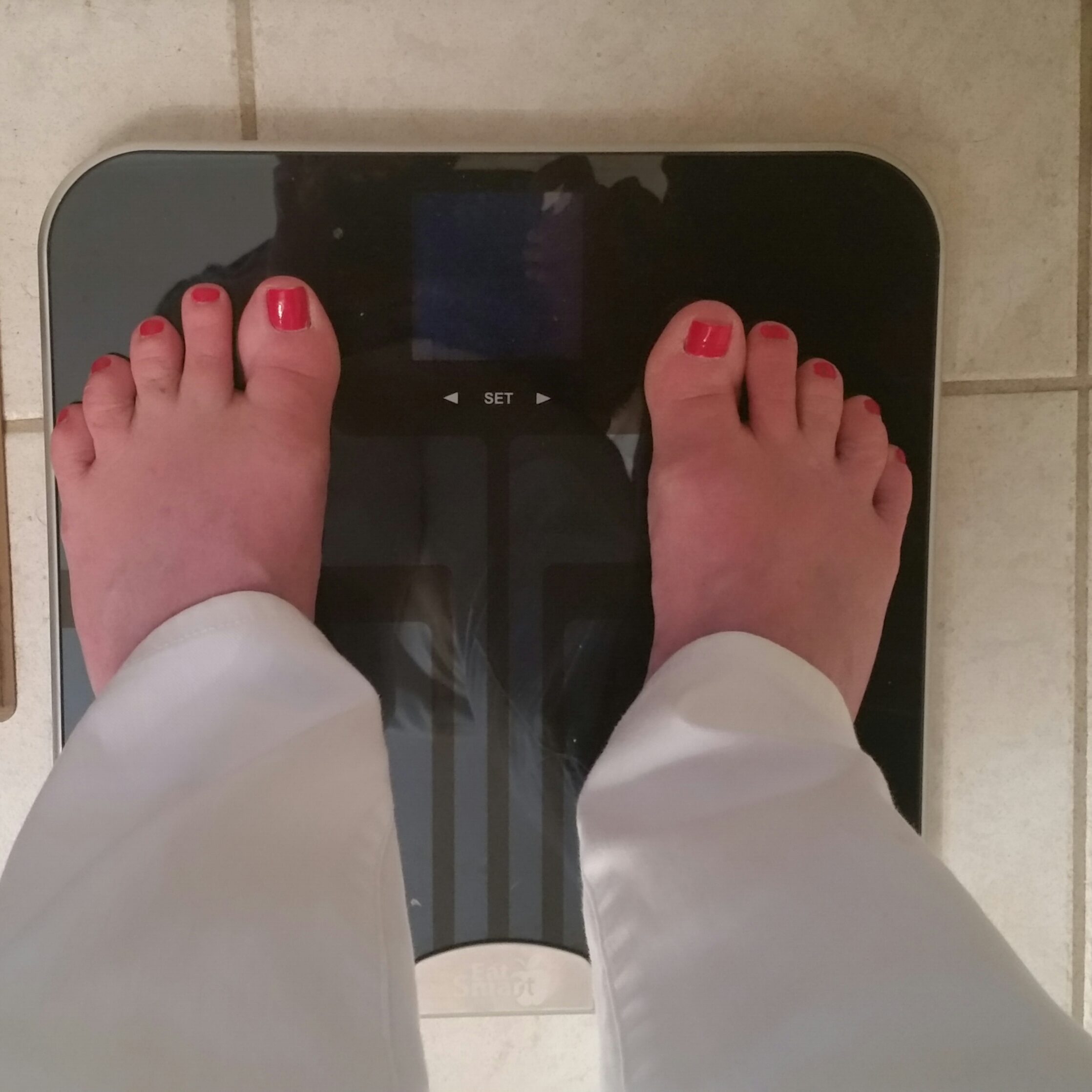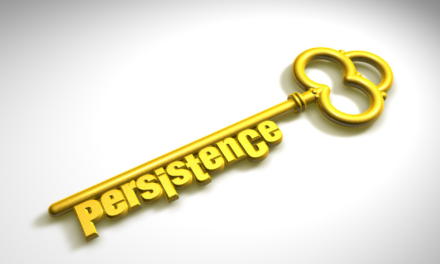Two women at the top of their games talk frankly about work-life balance
New York Times
ABIGAIL PESTA 04.08.16
When Indra Nooyi began her career at PepsiCo, she spent so much time at work that her baby daughter often slept under her desk. Now chairman and CEO of the company, Nooyi looks back on those years with “heartaches,” she says.
“It’s not regret. I love what I’m doing. I may have regretted not doing it had I just stayed home,” she said at the Women in the World Summit in New York on Friday. But she has mixed feelings about the “huge number of sacrifices” she made to become a success, recalling a letter her young daughter once wrote saying, “Dear Mom, I love you. Please come home. Please please please please please come home.”
Nooyi is one of only twenty women who are currently CEOs of S&P 500 companies, managing a global brand that generates more than $63 billion in annual net revenue. But it hasn’t been easy, she said in a frank and deeply personal discussion at the summit. “If I had to write a letter to myself as a younger person, I’d say, ‘Be careful about all the choices you’re making, because you will look back and it will hurt like hell.’”
Nooyi joined Anne-Marie Slaughter, president and CEO of the New America Foundation and author of Unfinished Business: Women, Men, Work, Family, to discuss the challenges for women in pursuing careers while meeting family responsibilities. In a wide-ranging and lively discussion, they talked about what companies, governments, and society can do to help, calling it “the next revolution.”
Speaking with moderator Norah O’Donnell, co-host of CBS This Morning, Slaughter recalled that her son, asked to draw a picture of his family in the first grade, drew his mother as a laptop — not a person with a laptop, just a laptop. “I thought, Oh great, my child thinks I’m a computer,” she said with a laugh. Slaughter has served as the director of policy planning for the U.S. State Department — the first woman to hold that position — as well as the dean of Princeton’s Woodrow Wilson School of Public and International Affairs. In July 2012, she published a piece in The Atlantic headlined “Why Women Still Can’t Have It All,” detailing her decision to leave the State Department for a more family-friendly career.
Slaughter said the workplace needs to “make room for care” and recognize that all workers — men and women alike — will have family obligations at some point, whether they’re taking care of newborn babies or aging parents. Workers need “deep flexibility and lots of support,” she said.
Nooyi said PepsiCo is looking at building a daycare center on the company campus that would provide benefits such as care for sick babies and technology to allow parents to see what their kids are doing during the workday. Employees would need to pay for the service, she said, noting that she thinks the government should offer “bigger tax breaks” to companies that provide day care. “I think we ought to lobby Washington like hell,” she said.
Nooyi also discussed the importance of training for daycare workers, noting that infants need quality care, not “a random person in charge of babies.” Slaughter agreed, pointing out that child-care workers are often paid “the same wage as we pay people to mix our drinks or park our cars or walk our dogs. It’s crazy.” She noted that daycare workers supervise children in some of the most important years of their life, a time when “you’re shaping his or her brain.”
The women discussed seeking support within the extended family as well, such as tapping grandparents and spouses as much as possible. Nooyi said her husband is “awesomeness personified” and extremely helpful at home. But even so, she said with a laugh, “if he’s home and the kids are missing something, they’ll pull me out of a meeting to ask where it is.”
Slaughter recommended that companies provide universal paid family leave for men and women, whether they are caring for children, parents, or even a sick spouse. “I don’t like to think in terms of having it all,” she said, “but can women and men have wonderful careers and strong families at the same time? Absolutely. Do we still need to make a revolution in our cultural attitudes, our workplaces, and our government policies to get there? Absolutely.”
Nooyi and Slaughter also discussed ways women can support each other at work. “I don’t believe women help women enough in the workplace,” Nooyi said, noting that all of her mentors have been male. “What’s wrong with us women? We ought to be helping each other out.”
That’s especially true given the challenges women continue to face in terms of pay and respect in the workforce. As a recent study showed, when women take over male-dominated fields, the pay drops for both men and women. In other words, work done by women isn’t valued as highly as work done by men. Said Nooyi, “The sisterhood has to become way stronger than it is today.”
Nooyi said women need to think creatively and push for solutions to work-family balance, completing the revolution that they “clawed” their way into in the workforce. “We’ve got to finish the business,” she said. “If we can’t finish the business ourselves, someone else is not going to finish it for us. …I think the big unfinished business and the next revolution is how we can work together to address all these issues.”
Additional reporting contributed by Abbie Hurewitz.
See terrific interviews by following the link:
http://nytlive.nytimes.com/womenintheworld/2016/04/08/indra-nooyi-and-anne-marie-slaughter-attack-the-unfinished-business-of-work-life-balance/












